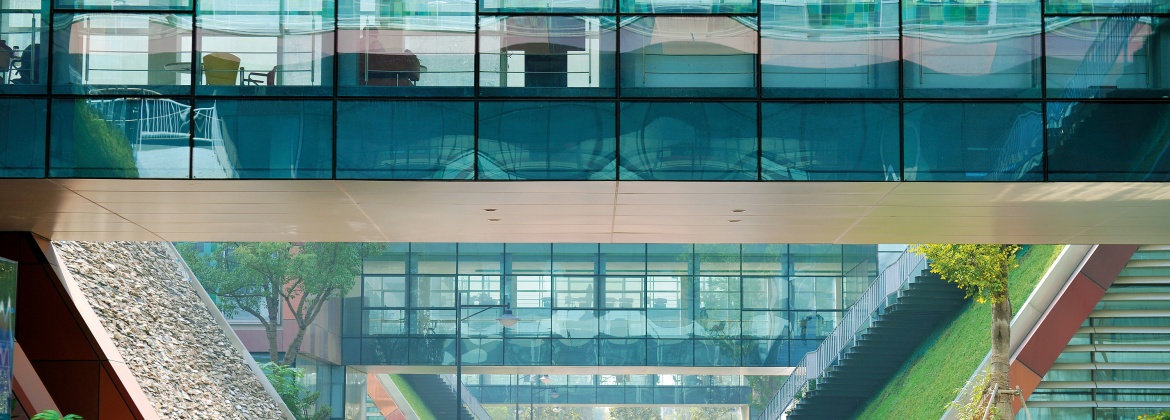Research

All

- About
-
Labs and Spaces
- BIO Teaching and Research Labs
- CHE Teaching and Research Labs
- HES Teaching and Research Labs
- Suzhou Key Labs - 苏州重点实验室
- International Joint Frontiers Materials Frontier Research Lab
- Selenium Innovation Lab
- Outdoor Research and Teaching Space
- Atmospheric Research and Teaching Observatory
- Sci-iGEM
- AI4Health Suzhou Key Laboratory
- Suzhou Municipal Key Lab of Neurobiology and Cell Signaling
- Yuefengdao Ecology Station
- Suzhou Municipal Key Lab of Biomedical Sciences & Translational Immunology
- Suzhou Municipal Key Lab for Metabolic Syndrome Drug Research
- Suzhou Municipal Key Laboratory of Cancer Biology and Chronic Diseases
- Research
- Advanced Materials Research Center (AMRC)
- Global Partnerships
- Contact




School of Science Research
Our research strategy aims to enhance our domestic and international reputation through innovative, interdisciplinary and sustainable research that addresses global challenges. This overview covers our strategic research themes and outcomes, research environment and cultures, national and global collaborations, and research impact.
Strategic research themes and groups
Advanced Materials, Chemical Biology, and Applications The Department of Chemistry and Materials Science excels in synthesising, fabricating, and characterising materials across multiple length scales. Our focus includes applications of catalysts, energy storage, optoelectronics, and quantum information systems, with an emphasis on chemical-level manipulation of biological systems. This research has significant implications for medicinal technology and drug delivery.
Biomedical Sciences, Microbiology, and Bioinformatics The Department of Biosciences and Bioinformatics tackles biological complexity at all levels, from molecules to microscopic organisms. We use computational technologies for data analysis and dissemination, aiming to make substantial contributions to human health, cancer research, and neuroscience.
Ecology and Environmental Science The Department of Health and Environmental Sciences concentrates on biodiversity, community ecology, and urban ecology. We explore the interactions between organisms, chemistry, and the environment, focusing on environmental monitoring and the study of global environmental processes.
Research environment and cultures
We are committed to fostering a sustainable research culture by providing state-of-the-art infrastructure, expertise, and support. Our School has invested in advanced equipment and regularly evaluates research needs to optimise resource allocation. We also prioritise grant application support through workshops, internal reviews, and interdisciplinary seminars to enhance collaboration and funding success.
National and Global Research Collaboration
The School of Science actively promotes research collaboration with both domestic and international partners, including Xi’an Jiaotong University and the University of Liverpool . We aim to establish new research centres and institutes, engage in interdisciplinary research, and offer joint postgraduate education programmes.
Research impact
Our research themes are designed to significantly impact society and the environment. We focus on technology transfer and commercialisation, supporting the infrastructure necessary for effective technology transfer. We strive to contribute to the local and international community through research activities, workshops, and seminars that address pressing global environmental challenges.
The School of Science at XJTLU is dedicated to advancing science and innovation for the progress of society. We invite you to explore our research themes and collaborations, and join us in our mission to make a positive impact through cutting-edge research.